Anton Pavlovich Chekhov, Cossack
The tenant of the Nizy farmstead, Maxim Torchakov, a Berdyansk townsman, was driving his young wife home from church, carrying a freshly consecrated Easter bread (kulich). The sun had not yet risen, but the east was already glowing and golden. It was quiet… The quail was calling out: "Let’s go drink! Let’s go drink!" far in the distance, and a kite was soaring above a small mound, but there were no other living beings visible in the whole steppe.
Torchakov was riding along, thinking about how there was no better or more joyful holiday than Easter. He had been married recently, and now he was celebrating his first Easter with his wife. Everything he looked at, everything he thought about, seemed bright, joyful, and happy to him. He thought about his household and found that everything was in order, the home was arranged just right, there was enough of everything, and everything was good; he looked at his wife, and she seemed to him beautiful, kind, and gentle. He was happy with the sunrise in the east, the young grass, and even his creaky, squeaky cart, and he liked the kite flapping its wings in the air. And when, on the way, he stopped by an inn to smoke a cigarette and had a drink, he felt even merrier…
"Great day, as they say!" he said. "And it is a great one! Wait, Liza, the sun’s about to shine. It does that every Easter! It rejoices too, like people!"
"It’s not alive," his wife remarked.
"But there are people on it!" Torchakov exclaimed. "I swear, there are! Ivan Stepanovich told me—there are people on all planets, even on the sun and the moon! Really… Or maybe the scientists are lying, who knows! Wait, look, there's a horse standing! It is!"
Halfway home, near the Krivaya Balachka, Torchakov and his wife saw a saddled horse standing still, sniffing the ground. By the roadside, on a little hillock, sat a red-haired Cossack, bent over, staring at his feet.
"Christ is risen!" shouted Maxim to him.
"Truly, He is risen," answered the Cossack, not lifting his head.
"Where are you headed?"
"Home, to the relief."
"Why are you sitting here?"
"Just… got sick… I can't go any further."
"What’s hurting you?"
"Everything hurts."
"Hmm… what a trouble! It’s a holiday for everyone, and you’re ill! You should go to the village or stop at an inn, why sit here?"
The Cossack raised his head and glanced at Maxim, his wife, and the horse with tired, pained eyes.
"Did you come from church?" he asked.
"Yes, from church."
"Well, the holiday caught me on the road. God didn’t let me make it. I wish I could just sit and go, but I don’t have the strength… You Orthodox people, would you give me some of your blessed Easter bread to break my fast?"
"Easter bread?" Torchakov asked. "It’s fine, no problem… Wait, just a second…"
Maxim quickly searched his pockets, looked at his wife, and said:
"I don’t have a knife, I can’t cut it. And breaking it—that would ruin the whole bread. What a dilemma! Can you check if you have a knife?"
The Cossack stood up with difficulty and went to his saddle to get a knife.
"Now what are you thinking?" said Torchakov’s wife angrily. "I won’t let you cut the Easter bread! How am I supposed to take home a half-cut one? And what’s the deal with eating on the steppe? Go to the village and break your fast there!"
His wife took the kulich wrapped in a white napkin from Maxim’s hands and said:
"I won’t give it to you! You need to know what’s proper. This isn’t just a loaf of bread, it’s consecrated Easter bread, and it’s a sin to cut it carelessly."
"Well, Cossack, don’t be angry!" Torchakov said, laughing. "My wife doesn’t allow it! Farewell, my friend!"
Maxim took the reins, clicked his tongue, and the cart rolled on. But his wife kept saying that cutting the Easter bread before reaching home was wrong and improper, that everything had its place and time. In the east, the first rays of the sun painted the fluffy clouds in various colors, and the song of a lark could be heard. Not one, but three kites, each flying at a distance from one another, were circling above the steppe. The sun warmed up a little, and in the young grass, grasshoppers began to chirp.
After traveling over a verst, Torchakov looked back and stared into the distance.
"I don’t see the Cossack…" he said. "What a poor fellow, he decided to get sick on the road! There’s nothing worse than this: you need to go, but you don’t have the strength… What if he dies on the way? We didn’t give him the Easter bread, and perhaps he needed it. Maybe he too wanted to break his fast."
The sun had risen, but whether it was playing or not, Torchakov didn’t see. The whole way home, he remained silent, lost in thought, and his eyes never left the black tail of the horse. For some unknown reason, he felt a sense of boredom, and the joy of the holiday had vanished from his chest as though it had never existed.
They arrived home, greeted the workers with the traditional Easter greeting, and Torchakov cheered up again and began to talk. But when they all sat down to break their fast and took a piece of the blessed Easter bread, he looked at his wife with a troubled expression and said:
"You know, Liza, it’s not right that we didn’t give that Cossack some Easter bread."
"Are you crazy?" Liza said, raising her eyebrows in surprise. "Where did you get this idea, giving Easter bread on the road? Is it just a loaf of bread? Now it’s cut, it’s on the table, let anyone eat it, even your Cossack! What’s the harm?"
"It’s like that, but I feel bad for the Cossack. He’s worse than a beggar or an orphan. He’s out there, sick, far from home…"
Torchakov drank half a glass of tea but didn’t drink or eat anything else. He wasn’t hungry, the tea tasted like grass, and he felt bored again.
After the meal, they went to bed. A couple of hours later, when Liza woke up, she found him standing by the window, staring out into the yard.
"You’re already up?" she asked.
"I can’t sleep… Oh, Liza," he sighed, "we offended that Cossack!"
"Not again with the Cossack! What’s your obsession with him? Let him go."
"He served the tsar, maybe he spilled blood, and we treated him like a pig. We should have brought him home, fed him while he was sick, and we didn’t even give him a piece of bread."
"Yeah, right. You want me to ruin the Easter bread? And consecrated bread too! You would’ve cut it with the Cossack, and I’d have to see it when it’s all in pieces? You’re something else!"
Maxim quietly left his wife and went to the kitchen, wrapped a piece of the Easter bread and a few eggs in a napkin, and went to the workers' shed.
"Kuzma, stop playing the accordion," he called to one of them. "Saddle the bay or Ivanych and ride quickly to Krivaya Balachka. There’s a sick Cossack with a horse there. Give him this, maybe he hasn’t left yet."
Maxim cheered up again, but after waiting for several hours for Kuzma, he couldn’t wait anymore, saddled the horse, and rode to meet him. He met him near Balachka.
"Well, did you see the Cossack?"
"Nowhere to be found. He must have left."
"Hmm… what a story!"
Torchakov took the bundle from Kuzma and rode on. When he reached the village, he asked the peasants:
"Brothers, have you seen a sick Cossack with a horse? Did he pass by here? He was red-haired, thin, riding a bay horse."
The peasants looked at each other and said they hadn’t seen the Cossack.
"We saw the postman ride through, but no Cossack or anyone else like him."
Maxim returned home by lunchtime.
"This Cossack is stuck in my head, and I can’t shake it!" he said to his wife. "It won’t leave me alone. I keep thinking: what if God was testing us and sent an angel or a saint in the form of that Cossack? It happens, you know. It’s wrong, Liza, we offended that man!"
"Why are you obsessed with this Cossack?" Liza shouted, losing patience. "You’re stuck on him like tar!"
"Well, you know, you’re not kind…" Maxim said, staring at her face.
For the first time since their marriage, he noticed that his wife wasn’t kind.
"Let me be unkind," she shouted, banging a spoon. "But I won’t give consecrated Easter bread to any drunkards!"
"Was the Cossack drunk?"
"Yes, drunk!"
"How do you know?"
"Drunk!"
"Well, you’re a fool!"
Maxim, irritated, stood up from the table and began to scold his young wife, calling her heartless and foolish. She, also angry, started to cry and went to their bedroom, shouting from there:
"Let your Cossack die! Leave me alone, damn you and your stinky Cossack, or I’ll go to my father’s!"
This was the first quarrel between them since their wedding. Until evening, Torchakov walked around his yard, thinking about his wife, feeling annoyed, and now she seemed angry and unattractive. As if on purpose, the Cossack didn’t leave his mind, and Maxim kept imagining his sick eyes, his voice, and his walk…
"Ah, we offended that person!" he muttered. "We really offended him!"
In the evening, when it got dark, he felt an unbearable boredom, more than ever before—he could’ve hanged himself! From boredom and frustration with his wife, he got drunk, just like he used to when he was single. In his drunken stupor, he cursed loudly and yelled at his wife, saying she had an evil, unattractive face and that he would send her to her father tomorrow.
The next morning, on the second day of the holiday, he wanted to drink again and got drunk once more.
And that’s when things started falling apart.
Horses, cows, sheep, and beehives slowly disappeared from the yard, one by one, debts grew, and his wife became unbearable… All these troubles, as Maxim said, came because of his evil, foolish wife, because God was angry with him and his wife… for the sick Cossack. He drank more and more often. When he was drunk, he would sit at home and cause a ruckus, but when sober, he would walk the steppe, hoping to meet the Cossack…
Job Description for the School Reconciliation Service Coordinator
Material and Technical Support for Educational Activities in Computer Science and ICT
A Cossack Went Far Away to Foreign Lands
May 5, 2017: Traditional Relay Race in Makaryev as Part of the Victory Day Celebration

 Deutsch
Deutsch
 Francais
Francais
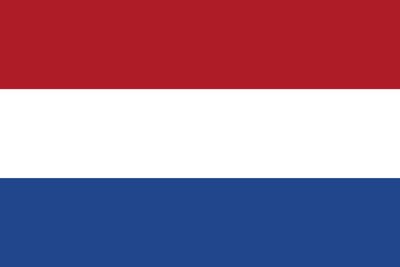 Nederlands
Nederlands
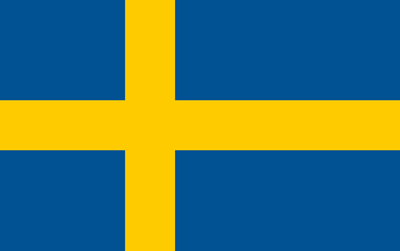 Svenska
Svenska
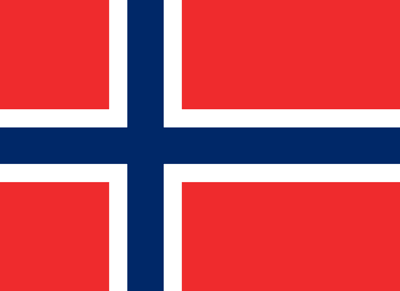 Norsk
Norsk
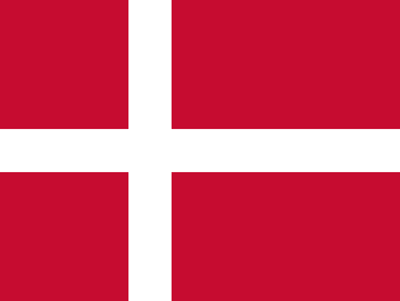 Dansk
Dansk
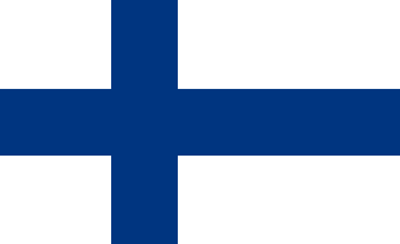 Suomi
Suomi
 Espanol
Espanol
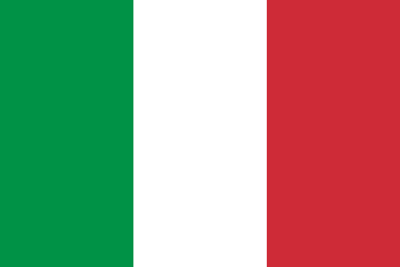 Italiano
Italiano
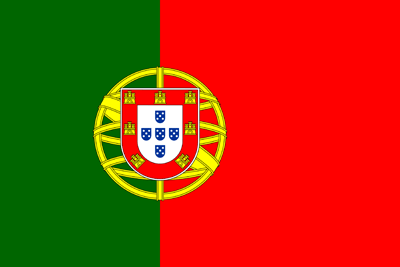 Portugues
Portugues
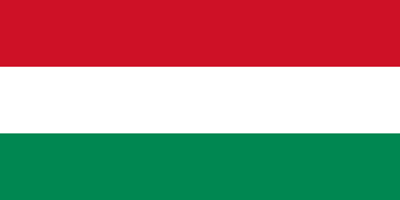 Magyar
Magyar
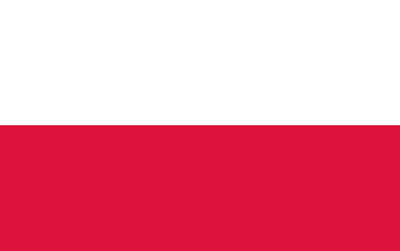 Polski
Polski
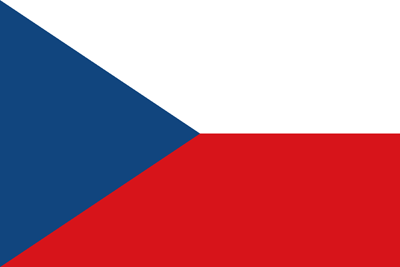 Cestina
Cestina
 Русский
Русский